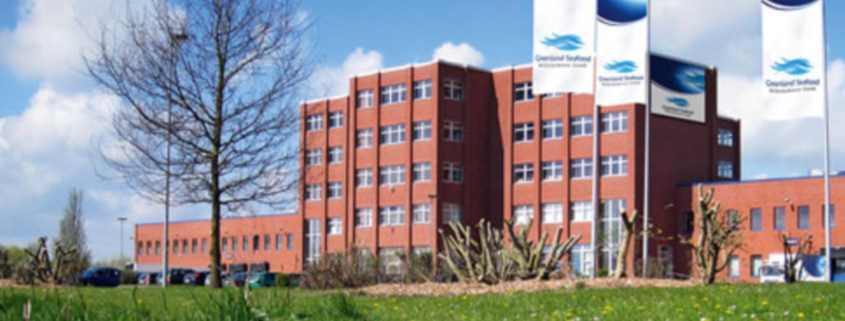‘Teslas’ versus ‘gas engines’: Will salmon farmershave to invest in land-based to keep up?
Undercurrent News‘ most recent webinar yielded some interesting debate on how soon, if at all, land-based salmon farming will hurt the competitiveness of traditionally grown fish.
Experts from the world of seafood mergers and acquisitions (M&A) were split on whether salmon aquaculture companies should be worried about the rise of rms like Atlantic Sapphire in the US.
“The smaller players — how are they going to manage to compete with the land-based players, for example, in the US?” Asked Ignacio Kleiman of Antarctica Advisors, aiming his question at peers based in Iceland and Norway.
“I can understand how the large Norwegian [companies] can, but how are smaller players going to compete? Because they probably have much higher costs than the land-based players, at least in the US.”
Magnus Bjarnason, of Iceland’s MAR Advisors, was not too worried, noting that farmed salmon was a global commodity market and that everybody competes with each other already. He also pointed out that there might be some consolidation in Norway among smaller farmers which have felt “vulnerable” during the coronavirus pandemic, perhaps prompting more cooperation as seen with Salmon Group, a network of family-owned aquaculture companies.



